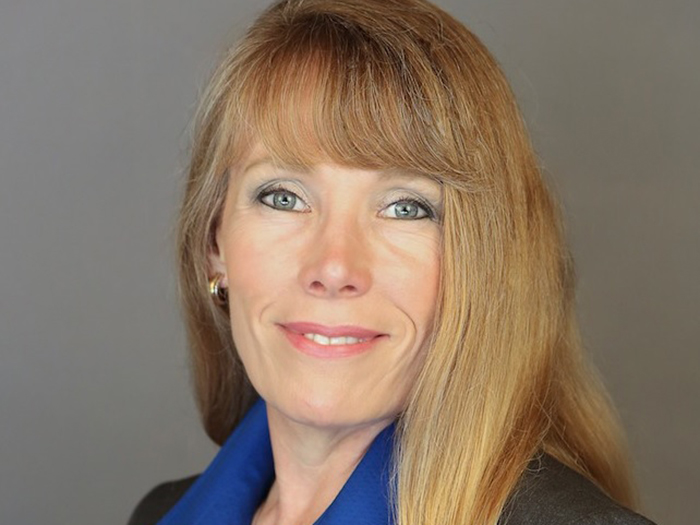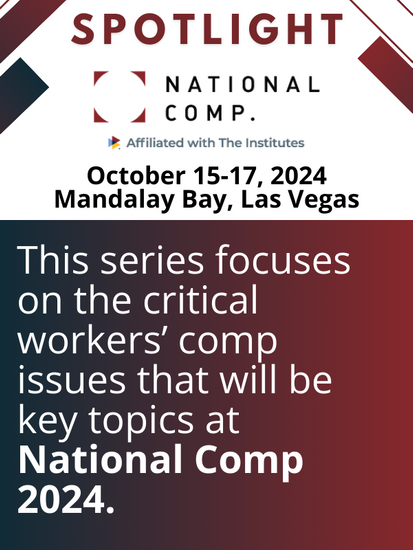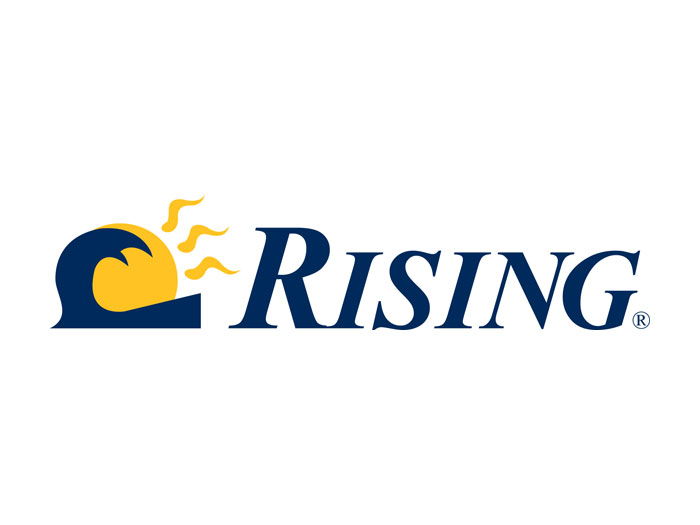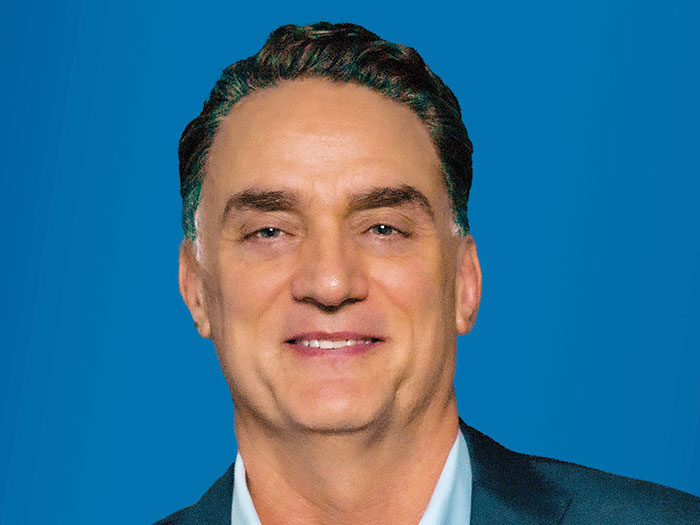National Comp: AI’s Claims Management Promise

Many parts of the business world are rushing to implement generative AI in their operational processes. The hope is that an “intelligent” machine can pick up mundane, repetitive tasks and free up humans to interface more with other humans and bring their own higher-level thinking to their work.
 Workers’ compensation adjusters, who carry heavy workloads and can suffer from getting bogged down in reading medical records, must certainly be looking at this evolution with hope.
Workers’ compensation adjusters, who carry heavy workloads and can suffer from getting bogged down in reading medical records, must certainly be looking at this evolution with hope.
CorVel Corporation, the workers’ compensation TPA, is undertaking this journey with the goal of lifting the burden adjusters face by using AI to help them identify key information in medical records and other documents. But as exciting as AI is, CorVel is taking a thoughtful, measured approach.
“We’re intentionally moving at a slower pace to ensure we’re bringing value to the market and our clients. We are prioritizing quality and effectiveness over speed,” said Cathy Van Emon, a vice president of business development with CorVel.
According to Van Emon, CorVel has built an AI model that is designed to review medical records with the goal of enabling adjusters to produce claims notes that are more consistent and more in-depth.
So far, in pilot programs, CorVel adjusters are reporting efficiency gains in the 50% range.
An important aspect of the pilot program, according to Van Emon, is that business leaders met with adjusters daily to get their feedback on how the AI model was performing and where they needed to make adjustments. The model is designed to proactively help adjusters find the information they need much more quickly, without having to read hundreds of medical records line by line.
“Our adjusters are highly skilled and diligent, but we’re also providing them with guidance to help them prioritize what’s truly important. By doing so, we’re ensuring that they’re focused on delivering the best possible outcomes,” she said.
Those more critical tasks include identifying which cases should be targeted for early intervention, reducing fraud and waste, improving outcomes where possible and lowering the overall cost of care.
“I think it’s going to reduce the workload for our adjustors to really spend time with our claimants, the customers. So, from a claims management perspective, I’m excited about it,” said Linda Finley, the director of risk management for Keurig Dr. Pepper Inc. Finley is keeping an eye on what CorVel is developing.
“There is going to be more time spent on strategy and really understanding areas that the management team can focus on, such as finding ways to reduce claims,” Finley added.
The efficiencies produced by AI are exciting, but Van Emon and her colleagues at CorVel are conscious of keeping the “human in the middle.”
Generative AI is notorious for producing what are being referred to as “hallucinations” — that is, producing language and citing information that it has essentially made up. That’s why it’s always going to be important to have veteran managers reviewing the work that generative AI produces.
It’s also something that Van Emon and her colleagues at CorVel are stressing to younger workers.
“It’s essential to understand these concepts, because AI relies on your ability to verify its outputs. When AI provides information, you need to be able to critically evaluate it by saying ‘Yes, that makes sense’ or ‘No, that doesn’t make sense.’ ”
She added that “if you don’t grasp the underlying concepts, AI’s outputs may be misleading or incorrect.”
As Van Emon mentioned, CorVel is gathering feedback from colleagues and clients on how well the model works and what it could possibly mean to the collaborative art and science of workers’ compensation claims risk management. Over the next few months, she hopes to gather enough information to share with attendees at National Comp 2024 in Las Vegas.
Van Emon and Finley, will be presenting on the use of generative AI in workers’ compensation claims at National Comp, which will run from Oct. 15 to Oct.17 at the Mandalay Bay Resort in Las Vegas.
Topics they plan to cover include using AI to increase claim efficiency and reduce administrative burdens and the promise of AI-as-a-service in workers’ compensation risk management. &
Hear more from Van Emon and Finley at National Comp 2024. For more information on the session “The AI Edge” and other topics, visit here today.










